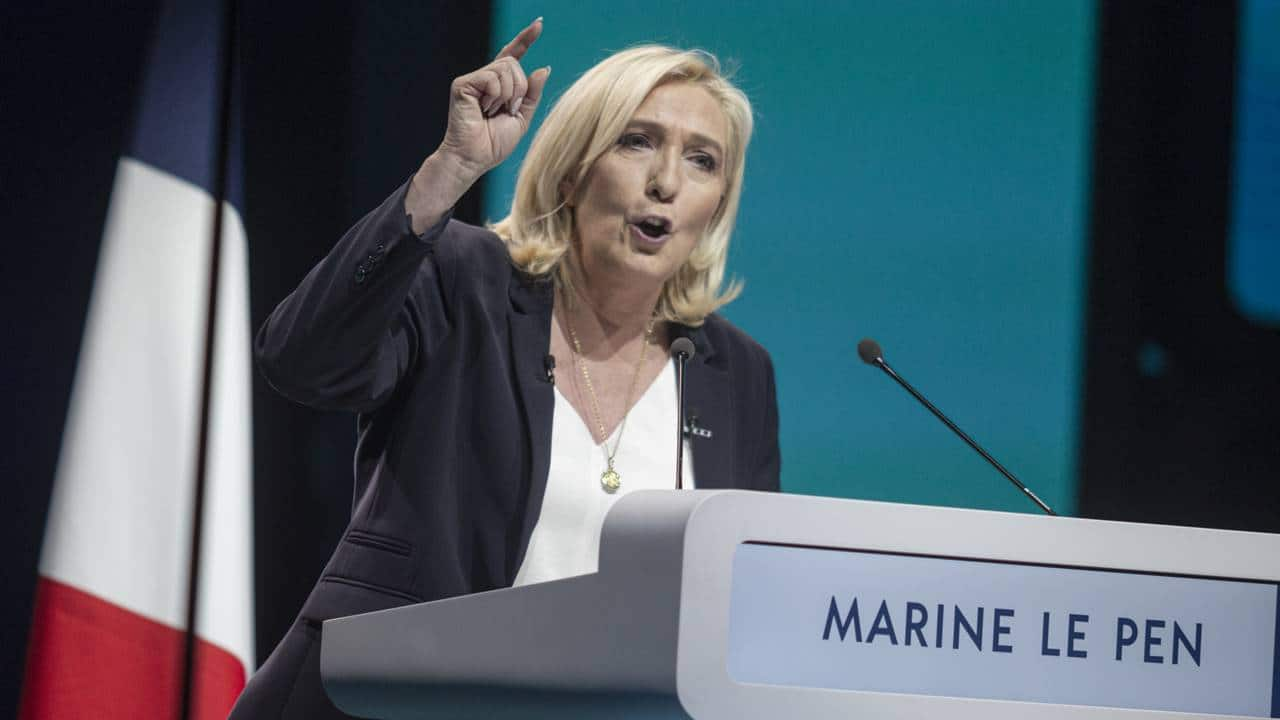what now? The content, the personnel, and plans for the summer on the table

Is this right-wing cabinet now definite? No, it is not yet definite. However, the four parties will proceed with substantive discussions about an extraparliamentary cabinet variant, which informateur Putters refers to as a ‘program cabinet’. This marks a breakthrough because after several months of irritation, disagreements, and internal tensions, substantive discussions represent the next step. Especially at NSC and VVD, there was resistance to collaborating with the PVV.
The four parties realize that there are no other options now to achieve a ‘program cabinet’. What that entails can be seen in the video below. With Putters’ formula, at least the VVD and NSC will seriously negotiate with Geert Wilders’ PVV.
So, they will continue to discuss certain themes at a high level. Is it known which topics will be discussed? Putters’ report mentions a wide range of topics: migration, nitrogen and nature, livelihood security, purchasing power, healthcare, housing, good governance, safety, finances, rule of law, business climate, and the Netherlands’ international stance.
This already sounds like chapters of a comprehensive coalition agreement. The question is how detailed the agreements will be exactly. Putters hopes for ‘in principle’. At the same time, financial agreements are always detailed, and NSC leader Omtzigt has already indicated that detailed agreements can also be made on topics he deems important.
Where are the biggest sticking points? On each of these policy issues, there are potential disagreements among the four parties. Take migration, for example. All four want to limit migration. But how exactly do you deal with labor migration? Will BBB agree to limiting labor migration for the agricultural sector?
But the most difficult issue is government finances. The prospects for the coming years are bleak. VVD and NSC want to maintain strict budgetary rules, but the election programs of the PVV and BBB contain far-reaching wishes that have not been calculated.
There is a debate in the Chamber on Wednesday, what exactly will be discussed then? The final report of informateur Putters, and whether he will also guide the next round of discussions. The parties involved hope that Putters will continue. Putters himself did not want to anticipate this during the press conference.
What will the opposition criticize? Last week, the future opposition parties were quite clear. They see this as a right-wing majority cabinet. For example, the SP spoke of ‘technocratic solutions for politicians who continue to bicker and argue among themselves.’ VOLT leader Laurens Dassen spoke of ‘a language trick’. “More was not needed to allow the VVD and NSC to normalize the radical-right PVV,” Dassen said.
What are the next steps to form a cabinet? Substantive discussions. These will likely take several weeks. And then comes the personnel appointments.
When will the names of the prime minister, ministers, and state secretaries be announced? Only after the substantive discussions, according to Putters’ intention. Then a formateur will have to be appointed to search for ministers. Interestingly, the formateur can of course search among the four parties, but he can also approach people from other parties or individuals who are not members of a political party. This also happened in the 1970s.
And who ultimately decides who will be the prime minister?The four parties must agree among themselves. As the largest party, it is expected that Wilders will have a strong voice in this, but it is a joint decision. It would be logical if the formateur is also immediately the intended prime minister, but that is not necessary.
When could they stand on the steps of the palace?
There was much speculation in The Hague in recent months. Earlier in the formation process, May was mentioned, but then the formation process was delayed. May is theoretically still feasible, but very tight. If the right-wing parties can find common ground on content and personnel, it should definitely be possible before the summer recess, which begins on July 5, according to the current expectation in The Hague.





